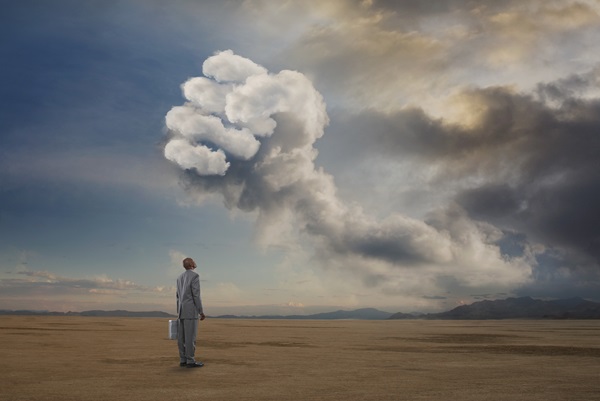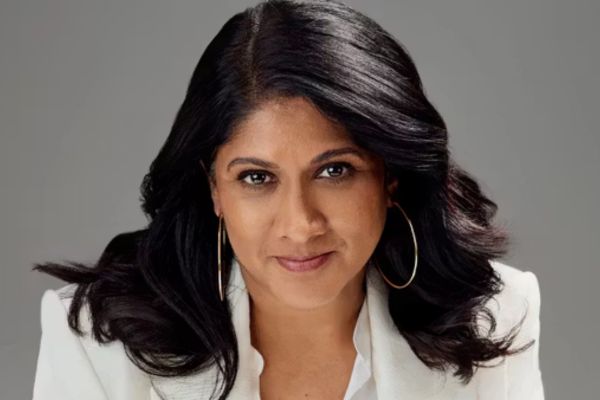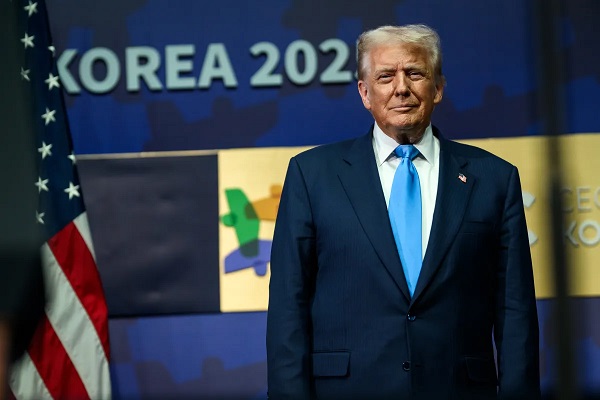.png)
Lynn Forester de Rothschild, CEO of E.L. Rothschild, is Founder and CEO of the Council for Inclusive Capitalism.
November 12, 2025 at 3:18 PM IST
The United Nations Climate Change Conference (COP30), now underway in Brazil, marks a decade since 195 parties adopted the landmark Paris climate agreement at COP21. But what should be a moment of celebration is instead being overshadowed by rising uncertainty: the climate-finance gap still amounts to trillions of dollars, while support among the developed countries for climate action is fracturing.
The transition to a low-carbon global economy cannot succeed without the active participation of the private sector, yet businesses and investors are reluctant to commit funds amid uncertainty and instability. Above all, markets need predictability: coherent policy frameworks, clearly defined priority sectors, and practical strategies for managing the financial, environmental, and social risks.
The predictability and stability that investors and markets require, however, remain out of reach. The International Energy Agency has warned that policy uncertainty has stalled the development and usage of many promising clean-energy technologies that are ripe for scaling up. Excluding AI, venture-capital funding for energy innovation declined across sectors in 2023 and 2024. Meanwhile, most countries still lack the policy and investment mechanisms needed to mobilize private capital at scale.
While tighter financial conditions and policy uncertainty play a major role, they are only part of the problem. A deeper, often overlooked reason for the slow pace of progress is that the global climate movement has largely failed to focus on the people most affected by the energy transition: workers, consumers, and local communities.
From its very inception, the Council for Inclusive Capitalism (which I lead) has argued that major economic transitions provide companies and investors with a unique opportunity to build a more inclusive society. Inspired by the late Pope Francis’s call to “hear both the cry of the earth and the cry of the poor,” we established a partnership with energy-intensive companies and investors to develop a framework for a just climate transition.
Created in collaboration with BP, Reliance, the California Public Employees’ Retirement System, State Street, and others, this framework places people at the heart of the energy transition. It emphasizes universal access to clean energy, decent jobs that provide pathways for retraining and reskilling, support for local communities, and the need to strengthen supply chains. It also recognizes that investors’ capital-allocation strategies must align with these priorities through meaningful stakeholder engagement and sharing of best practices.
Together with the energy transition, the AI revolution is set to reshape labor markets. To this end, we co-hosted a meeting with World Bank President Ajay Banga at the recent UN Climate Week in New York to discuss how to learn from the mistakes of past transitions and ensure that no one is left behind.
Turning ambition into action requires achievable national strategies. When implemented effectively, nationally determined contributions can serve as more than just climate pledges – they can guide investment and act as roadmaps for economic transformation. Brazil provides a useful model: a joint report by the OECD and the UN Development Programme touts the country’s National Bank for Economic and Social Development as a leader in creating innovative financial instruments capable of attracting private capital at scale.
Other emerging markets are also making strides. Wind and solar power are expanding rapidly across Asia, the Middle East, and Africa, with India on track to become the world’s second-largest renewable-energy market after China. For developing countries, inclusive growth is not a slogan but a socioeconomic imperative, particularly when it comes to ensuring access to energy and critical infrastructure.
Developed economies face a different set of challenges. In the United States, about 40% of energy and technology projects announced under former US President Joe Biden’s industrial and climate policies were already experiencing delays even before President Donald Trump’s return to the White House. At the same time, rising energy costs are jeopardizing the United Kingdom’s net-zero transition, while European manufacturers struggle to cut CO2 emissions and stay profitable in a global market increasingly dominated by Chinese firms.
Even so, there are reasons for cautious optimism. Although Trump withdrew the US from the Paris agreement, energy affordability and AI competitiveness remain top national priorities. Institutional investors and private capital have both the means and the incentive to back emerging technologies – including carbon-free, scalable nuclear energy – that can sustain AI growth without driving up utility costs.
The dozens of world leaders in Brazil for COP30 are meeting at a critical juncture. To build a just and sustainable future, we must bridge the divide between governments, financial institutions, civil society, and the private sector. Only by focusing on workers, communities, and consumers can we translate national targets into tangible progress that protects both people and the planet.




